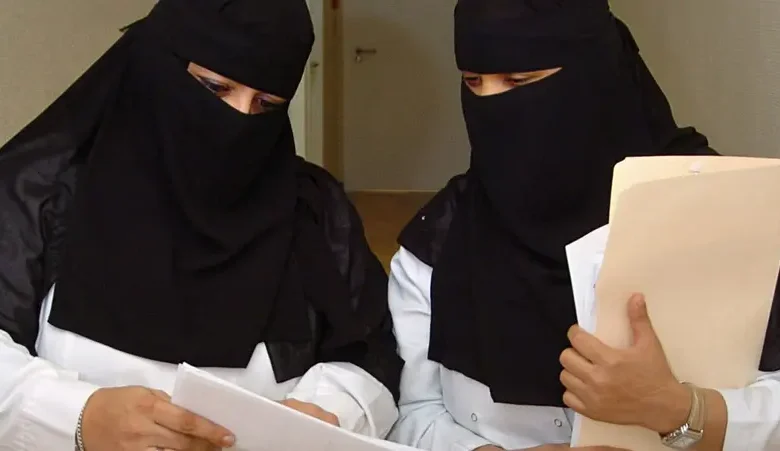Saudi minister says he is ‘very proud’ of women empowerment in the Kingdom

Saudi Arabia’s Minister of Energy Prince Abdulaziz bin Salman said on Wednesday he was proud of the Kingdom’s efforts to empower women in society, transcending more than 200 years of fighting for the cause.
“I am proud to be working with this ecosystem that has so many young men and young women that are delivering the vision of 2030,” Prince Abdulaziz said at the Human Capabilities Initiative Conference.
“The perception of women and minorities… has its own condescending anomaly, which says that females haven’t got the talent, the capacity or the stamina to be given a chance to work.”
The Kingdom has in recent years placed the empowerment of women – through labor force participation, education, and improved quality of life – at the forefront of its Vision 2030 economic reform plan.
Crown Prince Mohammed bin Salman has repeatedly said that “empowering women and youth remain two key pillars to achieving sustainable growth.”
Referring to the past four decades in Saudi Arabia as a period of “black box” or the “blackout” period, the energy minister commended the Kingdom’s current leadership for its work toward empowering women.
“Only now with our current leadership, we are self-discovering of what is truly the bigger machine of our economy – youth and women empowerment,” he said.
With the Vision 2030, the Kingdom has made significant strides to increase women’s participation in the workforce. The ratio of employed Saudi women to the population rose to 30.4 percent in 2022, compared to 27.6 percent in 2021, according to a 2022 report by the Kingdom’s General Authority for Statistics (GASTAT)
The unemployment rate among Saudi women now stands at 15.4 percent.
Saudi women make up 49.99 percent of the total number of higher education students, including Bachelor, Master, and PhD degrees.
GASTAT reported that female graduates were listed across all disciplines in higher education. Business, management, and law had the highest number of female graduates, according to the report, followed by arts and humanities.










